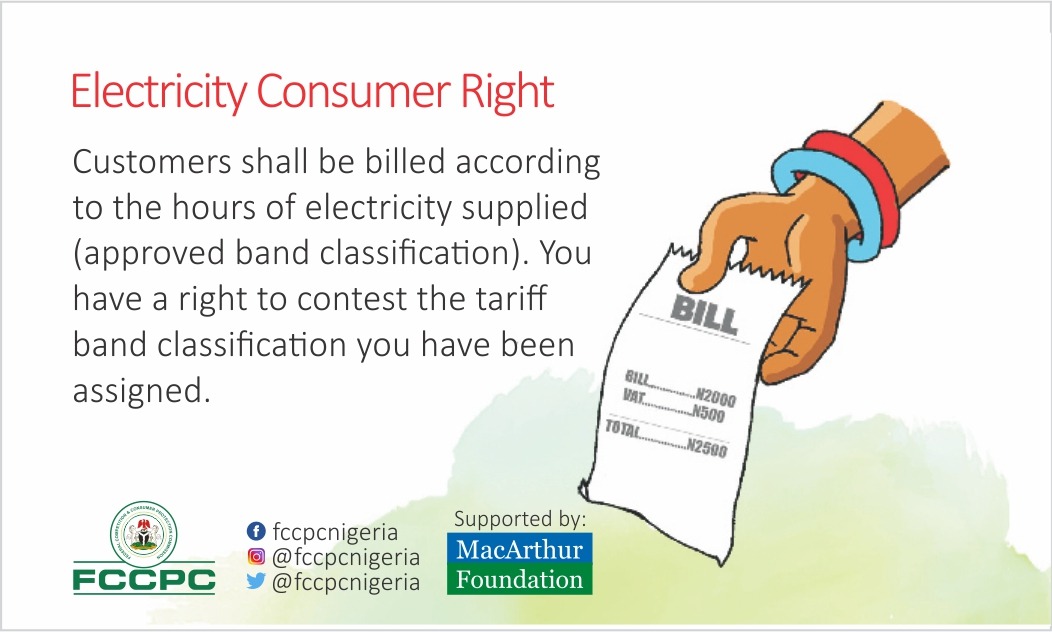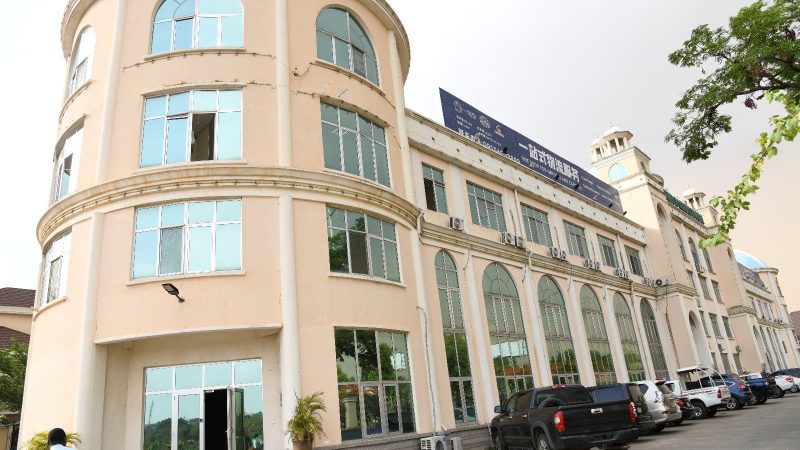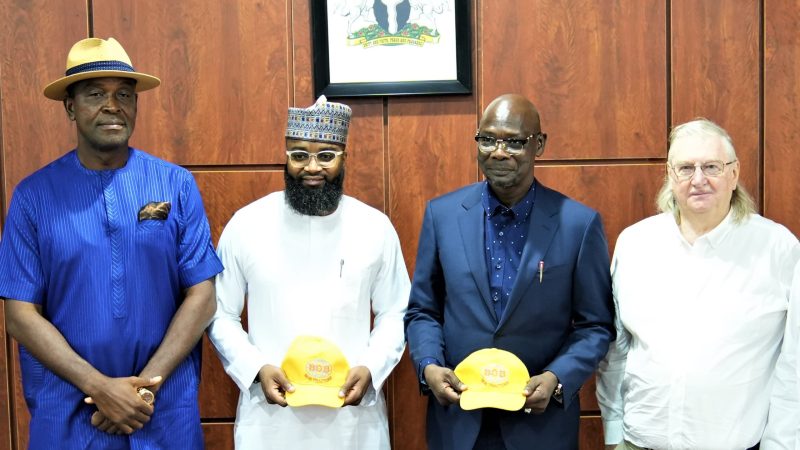By Chioma Obinagwam
Nigeria’s apex consumer protection agency, the Federal Competition and Consumer Protection Commission (FCCPC), has ordered Electricity Distribution Companies (DisCos) to bill consumers according to the hours of power supplied.
Confiance News gathered from a tweet by FCCPC on Tuesday.
‘’During this period of severe electricity shortages and palpable customer dissatisfaction, DisCos must be mindful of their commitments and respect consumers’ rights.
Customers shall be billed according to the hours of electricity supplied (approved band classification). You have a right to contest the tariff band classification you have been assigned,” it disclosed on Twitter.

This is coming amid an avalanche of complaints and concerns from customers relating to astronomical bills (also known as “crazy bills) which allegedly is not in consonance with the amount of power supplied by the DisCos.
More so, the apex consumer protection agency insists that payment for meters should not be made if meters are not available; adding that the Meter Asset Provider (MAP) should install the meter at the premises of the customer within 10 working days of payment.
Confiance News also recalls that since the inception of the year (2022), the National Grid, which is responsible for transmitting power to Discos, had collapsed no fewer than three consecutive times which affected power supply to the country, yet the shortfall in supply, most electricity consumers claim, is not captured or reflected in their bills/ band classification tarrif.
What consumers are saying
The tweet by FCCPC has sparked reactions among tweeps who took to Twitter to lament their plight.
Confiance News extracted some of the tweets;
@fccpcnigeria
During the month of March,we never saw power more than an hour daily and in most cases it was 20-30 minutes ; there were cases of 5-7 days there was no supply at yet @EKEDP still went on issuing dubious outrageous bills in #Festac— SHEHU TIJANI ADEBOWALE (@AdebowaleShehu) April 19, 2022
I have made complaints in your portal. EKEDC billed me ₦50k+ in December, ₦86k+ in March, and ₦50k+ in April. After my petition, they made a ₦43k adjustment to be billing, while accumulating about ₦200k for those 3 months with epileptic power supply.
— #ChineloMegafu (@olivertwittee) April 19, 2022
Despite the epileptic supply of electricity to owode elede in mile 12 lagos.we are still being billed heavily. #57000 is way too much at this period. Ikeja electric is a menace
— @iamsoggy (@iamsoggy21) April 19, 2022
FCCPC reacts
According to FCCPC, a dissatisfied consumer has a right to lodge complaints via its portal for resolution.
Here are some of its replies to the complaints.
You may dispute your bill if you have an accurate record of the area's electricity supply. The most effective way to accomplish this is to establish a monitoring team that will track your supply for an extended period of time. And today is not too late to begin.
— FCCPC Nigeria (@fccpcnigeria) April 19, 2022
Please provide your complaint ID for tracking.
— FCCPC Nigeria (@fccpcnigeria) April 19, 2022
If you are dissatisfied with the service you are receiving, please file a complaint and hold all parties responsible. It is preferable to do so than to simply grumble.
— FCCPC Nigeria (@fccpcnigeria) April 19, 2022
Confiance News gathered that despite over N1.3 trillion invested in the power sector, it barely supplies a daily average of 3,600 MW of power according to data mined from the United States Agency for International Development (USAID).
Nevertheless, to tackle Nigeria’s power challenge, experts have called on the government to unbundle the Transmission Company of Nigeria (TCN); restrict jurisdiction of DisCos to one state of the federation; enforce laws and regulations governing Nigerian Electricity Supply Industry (NESI), among other recommendations.






